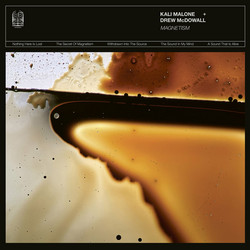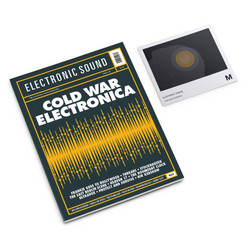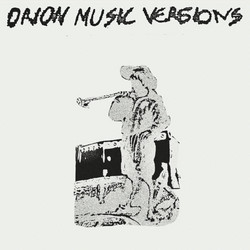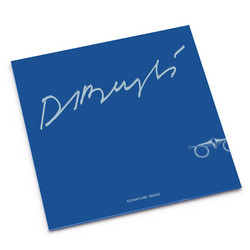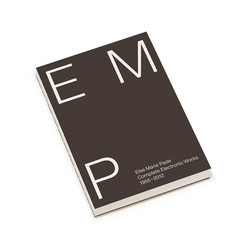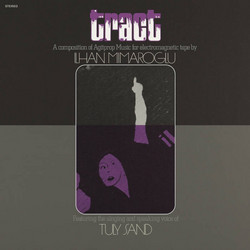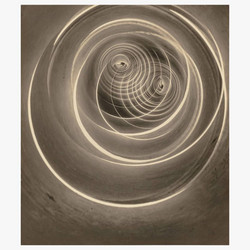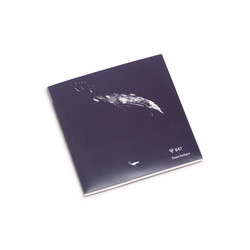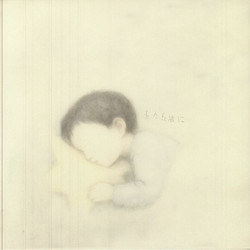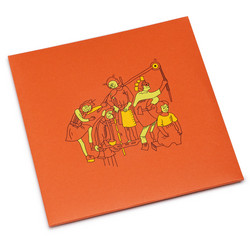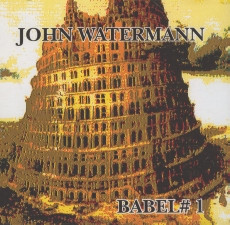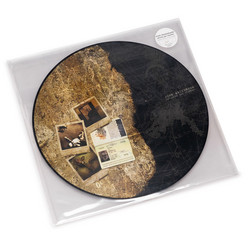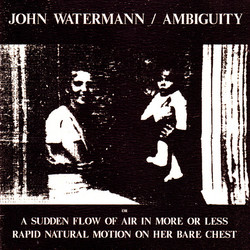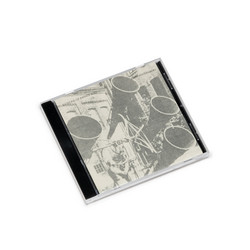1
2
John Watermann's Calcutta Gas Chamber has long been hailed as one of the minor masterpieces of post-industrial sound art, this is the very first edition on N D label. Back in 1990, this German born sound artist had traveled to Calcutta where he stumbled upon a gas chamber that had been closed down just a few years earlier. Watermann explains in the liner notes that the Indian government had numerous policies, both official and clandestine, aimed at population control; and the gas chamber was one method that had been employed for the expedient dispatch of those condemned to death. The Calcutta Gas Chamber was one that actually closed down for economic reasons (and not for human rights issues, I might add), and I'm not all that sure if the Indian government still uses such practices at this day and age. Needless to say, the experience of walking through this death factory had a huge impact upon Watermann. There had been some debate as to the validity of Watermann's claim that he had managed to get field recordings of the gas chamber itself (as he claims in the liner notes) or if he replicated what he heard from recordings he made from a power station in Australia. As Watermann died several years ago, the true nature of the recordings will remain something of a mystery. That said, Watermann's Calcutta Gas Chamber deserves its place as esoteric gem of the darkly avant-garde. His compositional style is a industrial take on musique concrete, as he roughly chops his field recordings of mechanical clatter, aerated hisses, and disembodied voices into a claustrophobic arena of turgid repetitions and blackened drones that reflect the automation of death haunting that space. Occasionally a thick drone of flanging ambience creeps forth from his mechanized collage; but even as these sounds reflect something like the nightmarish guitars of Maeror Tri, there is very little jubilation to found within these recordings. A powerful album that shudders at the potential for man to exact atrocities upon fellow man and the world at large.
Details
Cat. number: NDCD03
Year: 1993
